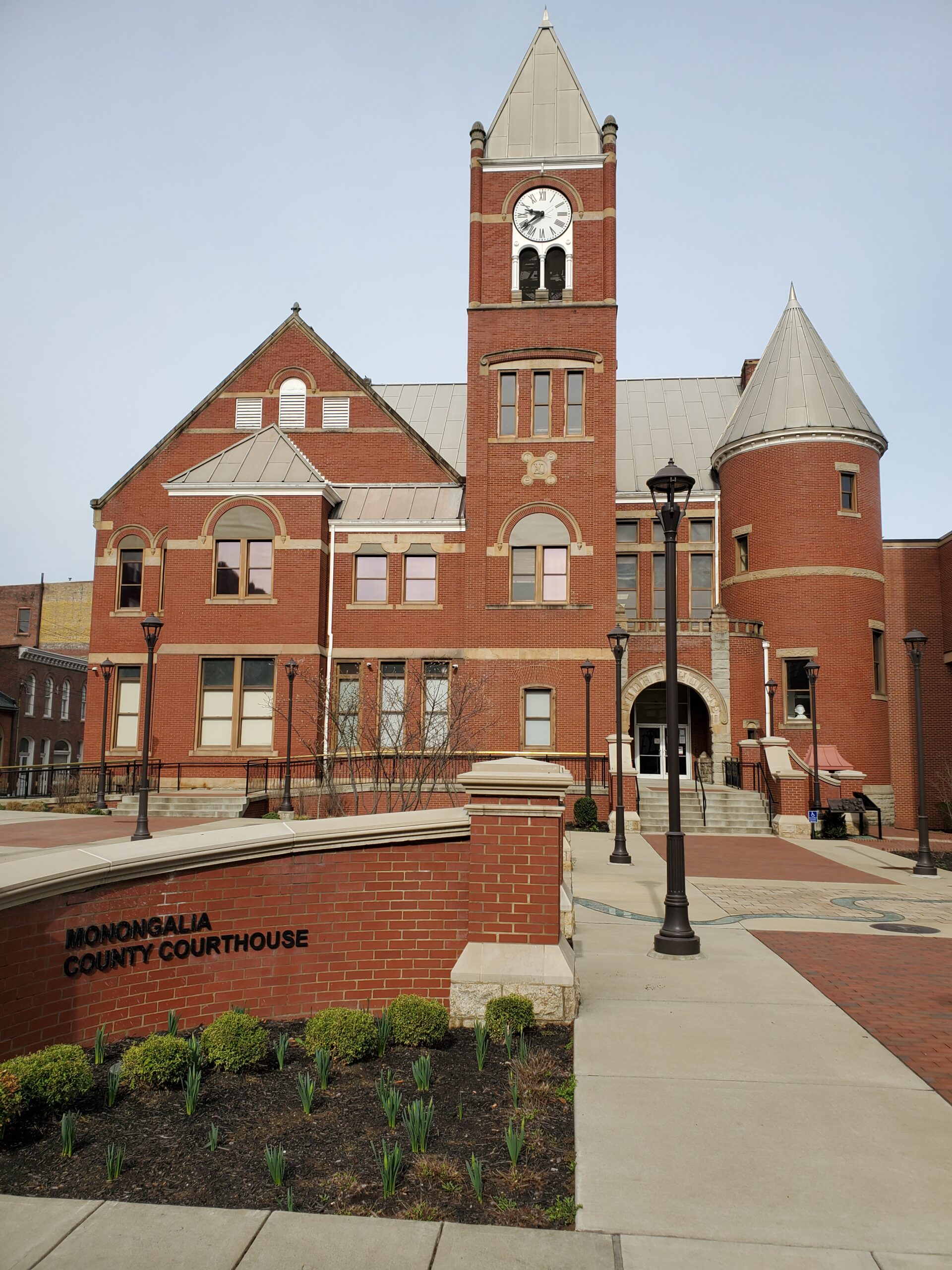MORGANTOWN — Monongalia County turned orange on Wednesday.
Keeping the county orange — or anything but red, really — was part of the focus of a Wednesday work session between the Monongalia County Commission, County Health Officer Lee Smith and a number of business owners — many of whom represented bars closed by Gov. Jim Justice via executive order until Friday.
Though, based on Justice’s comments this week and information shared at Wednesday’s meeting, it doesn’t appear they’ll be back in action all too soon.
Some context.
Monongalia County has seen its numbers of COVID-19 cases take off since July 1. The county came into the month having had a total of 160 dating back to early March. The number now stands at 767. More than 70% of those new cases fall into the 18-29 age range. WVU begins its fall semester in less than a month.
Using the Harvard Global Health Institute’s COVID Risk Level map, Monongalia County has been the only red county in West Virginia. According to the metric, red means “tipping point,” and is defined as a seven-day average of 25 daily new cases per 100,000 people.
“The good new is that today, for the first time in the past three weeks, we have sneaked below 25. We’re at 21. But that’s one in a row. So I would just say that a couple of days ago we were at 40 per 100,000 and we led the nation for fastest rate of infection,” Smith said.
For many in attendance, including representatives of downtown establishments like Big Times, Code, Fat Daddy’s, Almost Heaven and The Annex, the news is good, but comes as cold comfort as Justice said on Monday that he was leaning toward extending the county’s bar closure. That announcement could come as soon as Thursday.
Further, County Commission President Ed Hawkins said he was contacted Wednesday by to two of Justice’s top advisors — Bray Cary and COVID-19 Czar Clay Marsh — and the commission offered two suggestions.
One, bars that do not serve food or have the capacity to do so should remain closed for the time being.
Two, establishments that do serve food should be able to utilize bar space as additional serving space for diners as long as social distancing is maintained.
“That way the entire space can be safely used as a restaurant,” Hawkins said. “It’s the downtown clubs that we all know is the problem area.”
Many of the questions offered from businesses dealt with the specifics of when employees must be tested and when they can safely return to work.
Others focused on why businesses are being forced to shut down or operate at half capacity when WVU is gearing up to bring tens of thousands of students to town.
One speaker pointed to 28 COVID-19 cases among WVU’s football players, whom, he explained, are among only a handful of students on camps currently and under far more scrutiny than the general student population will be.
Commissioner Sean Sikora took up the point.
“It’s a valid question. That’s 28 football players … under WVU’s control who have failed to follow the rules. Shane Lyons was on the radio yesterday saying that they didn’t get it at the facilities, it’s the players going out in the free time and socializing,” Sikora said. “So his question is legitimate. If WVU can’t control a small faction of 100 football players, how are they going to control 30,000 students … We as a commission can carry that question to WVU.”
Zachary Traugh, owner of Big Times and Code, said he employs 100 people who have worked two days in July. He said he’s willing to put any necessary precautions in place to reopen his businesses.
“Their rent is due in a week and none of them have been able to work this month. It’s going to be really hard. If you could help communicate up the ladder, people need to be able to plan for their future as much as they can. Things like this impact so many more people than just the guy who owns the place,” Traugh said .
Commissioner Tom Bloom said the commission has asked that a portion of the CARES Act funding received by the state be provided to assist with the businesses that have been forced to close.
Like many of the questions regarding the constantly shifting sands of COVID-19, however, the answers must come from Charleston.
“We have asked the governor,” Bloom said. “That’s the only thing we can do.”
TWEET @BenConley_DP




